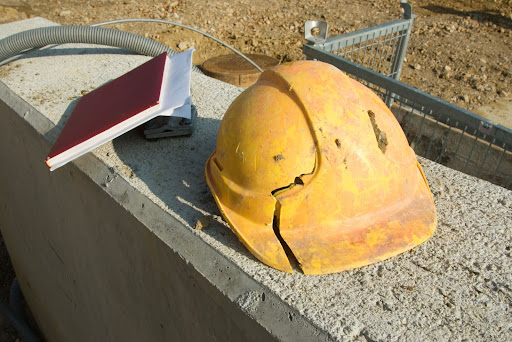What is an experience modification rating in construction?
Construction Accident - July 12, 2023
Since the construction industry is known for being one of the most dangerous to work in, having general liability insurance and worker’s compensation protection coverage is crucial.
Insurance carriers use your construction company’s experience modification rating (EMR) to determine whether there is a high risk of future accidents. This can help determine how much the insurance company should charge for the specific amount of workers’ compensation coverage. You need to understand how your company’s EMR could impact your claim for workers’ compensation benefits or the ability to pursue a personal injury lawsuit after a construction injury. Keep reading to learn more.
What is an experience modification rating (EMR)?
An experience modification rating, commonly referred to as a MOD factor or MOD rating is used to determine how much your employer will pay in workers’ compensation insurance premiums.
Similar to your driving record or credit score, insurance companies use the construction company’s EMR to determine whether there is a high risk of future accidents. This can help determine how much the insurance company should charge for the workers’ compensation protection coverage in question.
“Safe” vs. “unsafe” scores
When a construction company is no more or less of a risk than another construction company, the EMR will be set at 1.0. However, if a construction company is considered safer than other construction companies, the EMR will drop below 1.0. When this happens, the construction company will pay less for workers’ compensation insurance protection.
This is crucial, as many property owners require any of our standards at or below 1.0, otherwise, they will not work with certain construction companies. Any construction company with an EMR greater than 1.0 may be considered a riskier company than others. This may make it difficult or impossible to secure skilled labor or be selected when betting on construction projects. The greater your employer’s EMR, the more they will pay in workers’ compensation protection coverage.
How to determine the EMR
According to the National Council on Compensation Insurance (NCCI), EMRs are calculated based on the number of workers’ compensation and insurance claims filed and reported over the last five years. However, insurance companies will only use claim information from the previous three years when determining what your employer’s EMR should be set at.
For example, if your workers’ comp insurance policy is set to renew on January 1, 2024, the insurance agency will review claims from 2020, 2021, and 2022 when determining how much to charge for workers’ comp insurance protection.
The insurance company will carefully review the number of incidences, type of accidents, and how much compensation was paid out when determining what a construction company’s EMR should be.
The number of construction workers employed by a specific construction company will also have an impact on your employer’s EMR, as companies with fewer contractors may have higher experience modification rates.
Horwitz, Horwitz & Associates is ready to hold negligent employers accountable
If your employer’s EMR is low and you subsequently suffer devastating injuries, you may be entitled to compensation through more than just a workers’ comp claim. With help from a dedicated Chicago construction accident lawyer from Horwitz, Horwitz & Associates, you may be able to demand the compensation and benefits you are entitled to. Get started on your personal injury and workers’ compensation claims as soon as today when you fill out our online contact form or call our office at (800) 985-1819.



